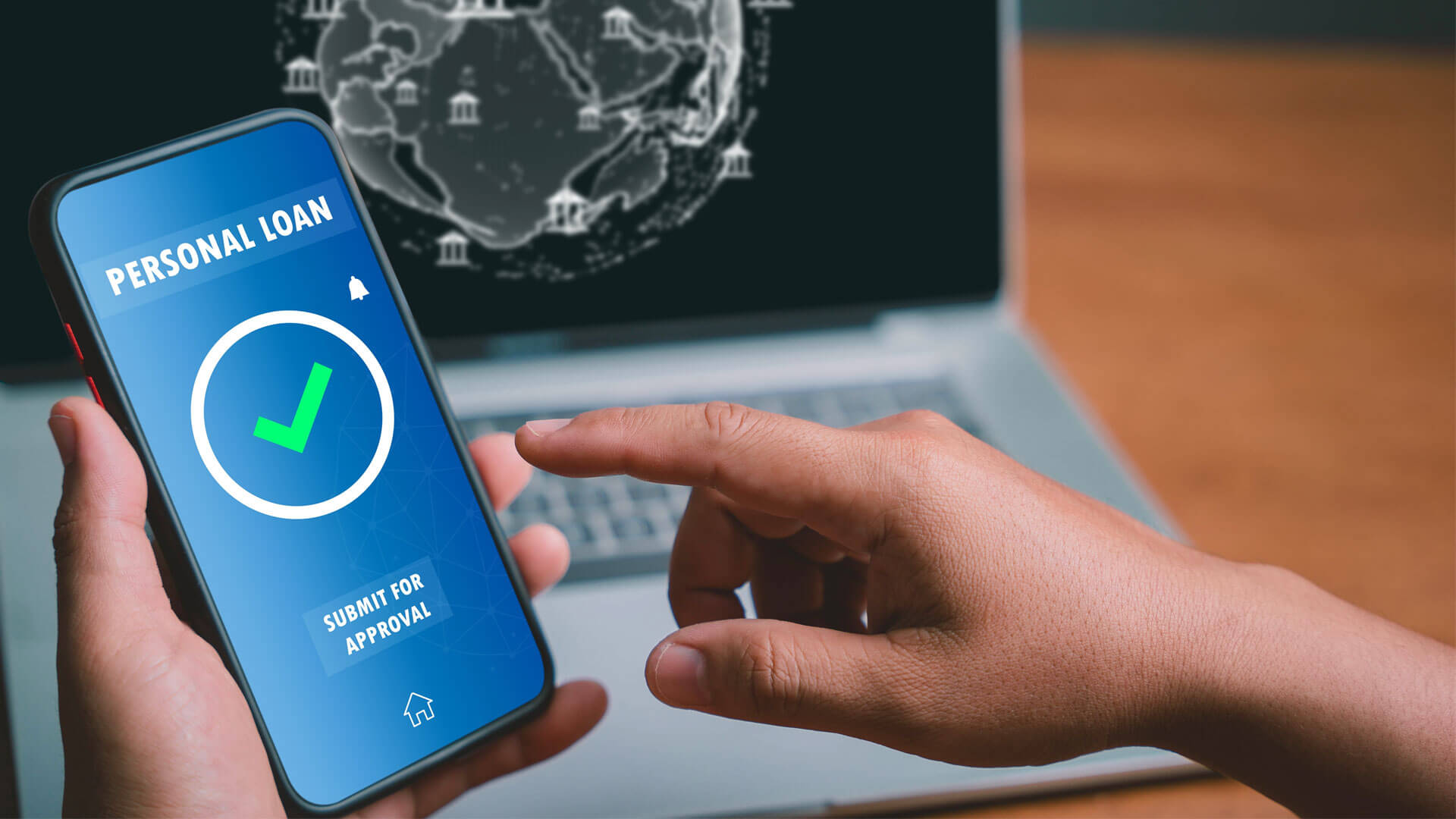Personal loans are very popular this year because they offer consumers quick cash and they can pay back the loan over years. If you need cash, you may not want to tap the equity in your home or use a credit card. So what about personal loans? A personal loan is an unsecured loan that can be issued by many banks and lenders, and interest rates and terms can vary. Learn more about personal loans in this article, including the credit score you may need.
Many consumers across the United States want to know what are the personal loan credit score requirements that meets their financial needs quickly. One of the most common questions we get is “Can I get a personal loan with bad credit?”
According to BankRate.com, to meet the qualifications for a personal loan, the “applicant may need a minimum credit score of 610 to 640.”
However, your chances of getting a premium loan with a more competitive interest rate rise dramatically if you have a solid credit score above 690. However the unsecured lending industry is booming and there are a wide variety of finance companies offering person loans for people with less than perfect credit. So, whether you have good, fair of bad credit scores, you should talk to the lenders to see if you qualify for a loan that makes sense for you.
The credit score requirement for personal loans varies based on the lender. Many lenders will give you a better rate with a credit score of 690 or higher. If your credit score is below 630, getting a loan may be harder, but some lenders will consider you at a higher interest rate. Of course, having a high credit score does not guarantee that you will get the loan or a low interest rate.
Qualifying for a personal loan usually depends on your credit history and score, but also your income and debt. In many instances it will be easier to qualify for a personal loan compared to a HELOC.
How to Qualify For a Personal Loan
Suppose you meet the lender’s minimum credit score qualification. That means you will get a loan, right? Not necessarily. Lenders look at many factors when determining if you will get a personal loan. Here are the factors most lenders will review to decide if they will approve your personal loan application:
- Credit score: Most lenders will review your FICO score, but others may use VantageScore. Other personal loan providers say they use many kinds of data to determine your creditworthiness, including FICO and VantageScore.
- Credit history: Personal loan lenders like to see a lengthy credit history on a loan application. The lender could say that you need at least two or three years of credit history, but a longer history is better. When you have more credit accounts in a long payment history, it shows the lender how consistent you are making payments. If you have a mortgage, credit cards, and an auto loan, you could be more likely to get a personal loan, assuming you have made all payments on time.
- Debt-to-income (DTI) ratio: Lenders want borrowers who make sufficient income to meet their monthly financial needs as well as loan payments. Many lenders will check your DTI to decide if personal loan could overextend you and make it hard to make payments.
- Free cash flow: Your DTI is important, but it does not measure extra monthly costs, such as groceries, rent, and gas. So, lenders may also review your bank transactions to see what you have left after other monthly expenses. The lender may refer to this as ‘free cash flow,’ and the more there is, the more likely you will get a loan approval.
Can You Get a Personal Loan with Average or Bad Credit?
As we pointed out, personal loan lenders will usually look at many factors in your loan application, but your credit score is of great importance. But just because you have mediocre credit does not mean your application will be turned down automatically. Borrowers with bad credit could still get approved, but do not be surprised at an interest rate over 30%.
They also may not approve you for as much as you asked for. There are still a handful of lenders offering personal loans for fair credit and even some a few considering personal loans for people with bad credit scores.
Lenders that offer personal loans to people with less-than-stellar credit may look at factors other than your credit score to make a decision. For instance, a credit union may review your history with the organization before deciding to extend credit. When you are shopping lenders online, ask them right away if they offer personal loans with bad credit, because you do not want to waste your time.
There are companies that provide unsecured loans for people with poor credit as long as you ca show them some compensating factors like steady employment or a low debt to income ratio.
How Do You Compare Personal Loans?
There are many things to look at when comparing personal loans:
- APR: The annual percentage rate is the total loan cost, including interest and fees. APR is important because it provides an apples-to-apples comparison between loans. It is easy to get fooled by a lender’s low interest rate, but then you find out your final costs are higher than another loan with a higher rate. Some lenders charge bigger fees than others.
- Pre-qualification: Many lenders allow you to pre-qualify for the personal loan to see what your interest rate would be. You also can see your potential monthly payments. Pre-qualification involves a soft credit check, so it does not ding your credit score. It also can help you determine which loan is best for your budget and requirements.
- Co-borrower: If you add a co-borrower, it can increase your chances of loan approval. Not all personal loan providers offer joint loans, but adding a person with good credit and plenty of income can help you get a better interest rate. However, adding a co-borrower means that they are responsible for payments.
- Secured loan: A secured loan means you need to offer collateral to get the personal loan. An example of a secured loan for quick cash would be a 2nd-mortgage. Collateral can take many forms, such as a car, money in your savings account, or a piece of real estate. A secured loan may be a potential option if you do not have a high enough credit score to get an unsecured loan.
Now that you know all about unsecured loans, the next step is to reach out to your lender and apply.




